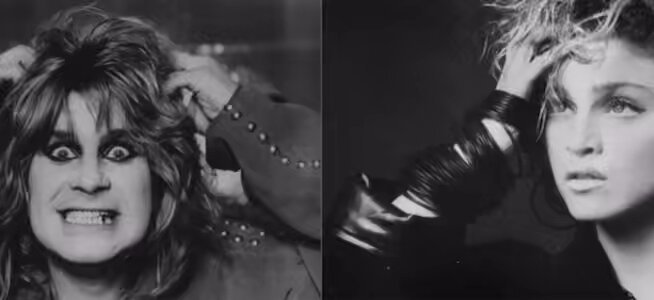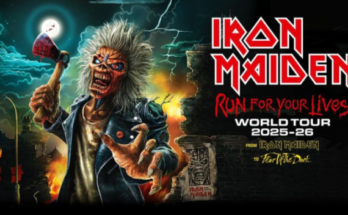with the passing of Ozzy Osbourne at 76, the world has lost one of rock’s most iconic figures—the Prince of Darkness and pioneer of heavy metal. Osbourne officially bid farewell during Black Sabbath’s monumental final concert, Back to the Beginning, held in his hometown of Birmingham on July 5, 2025. He passed away just 17 days later, surrounded by loved ones at home (Wikipedia).
Born John Michael Osbourne in Aston, Birmingham, his raw vocals and dark theatrical flair defined the sound of early metal with Sabbath classics like Paranoid, War Pigs, and Iron Man. He later forged an equally impactful solo career, producing enduring hits such as Crazy Train, Mr. Crowley, and Flying High Again (BLABBERMOUTH.NET).
Despite a tumultuous personal life—including substance challenges, high-profile controversies, and a public battle with Parkinson’s disease—Ozzy remained a beloved cultural force. His influence transcended genres and generations, earning him inductions into the Rock & Roll Hall of Fame both with Black Sabbath (2006) and as a solo artist (2024) (The Washington Post).
🎙 The Final Bow: Back to the Beginning
Ozzy’s final televised appearance took place at a farewell concert staged at Villa Park stadium in Birmingham. Confined to a gothic throne due to health issues, he nevertheless delivered an unforgettable set, backed by original bandmates—and joined onstage by acts such as Metallica, Guns N’ Roses, and Slayer in tribute. The show drew 45,000 live fans and millions of streaming viewers (Sky News).
His last words to fans:
“Thank you from the bottom of my heart,” delivered with the weight of finality and gratitude (CNBC).
🌟 The Legacy Lives On
From founding Ozzfest in 1996—creating a spawning ground for future metal icons—to charting new ground with reality TV on The Osbournes, Ozzy constantly reinvented himself. His collaborations in later years—Patient Number 9 with Eric Clapton and Take What You Want alongside Post Malone—underline his lasting relevance long into the 2020s (BLABBERMOUTH.NET).
The sports world joined the outpouring of respect: Aston Villa honored his local roots; numerous pro teams adopted Crazy Train as their anthem; and athletes shared personal connections to his music (news.com.au).
🎤 Madonna, Ozzy & “Shake Your Head”: A Surprising Connection
Amid the grief and tributes, one lesser-known piece of Ozzy trivia resurfaced—his early collaboration on the Was (Not Was) track “Shake Your Head (Let’s Go to Bed)”, which also involved Madonna in a curious twist.
Here’s what happened:
- The original 1983 version featured Ozzy on lead vocals. Madonna auditioned and recorded backing vocals, but due to her contract restrictions with Sire Records, her lines were never officially included. Instead, singers Kathy Kosins and Carol Hall provided the backing vocals on the release (Wikipedia).
- In 1992, Was (Not Was) re-released the song with house remixes by Steve “Silk” Hurley, featuring Kim Basinger on the backing vocals instead of Madonna—because Madonna did not grant permission for her recording. This version became a hit in the UK, peaking at No. 4 on the singles chart (Wikipedia).
- However, in rare “accidental” pressings—such as certain vinyl and cassette editions of Now Dance 92—Madonna’s original backing vocals appeared in remixed form. These illicit inclusions led to some collector excitement and controversy, though they were quickly corrected on CD editions (Wikipedia).
Though not a mainstream duet, the story reflects Madonna’s early career ambitions and the unexpected intersections between pop and metal icons.
🧠 A Tribute to the Man and the Myth
- Ozzy Osbourne wasn’t just a musician—he was a cultural force. He shaped heavy metal, inspired world-class artists, and symbolized the power of reinvention.
- From biting bats onstage to embracing family reality TV, he remained unapologetically himself.
- As fans mourn the loss, his music continues to resonate—and stories like “Shake Your Head” remind us of the quirky, unexpected layers of his vast legacy.
Rest in peace, Ozzy Osbourne (1948–2025). The Prince of Darkness may have dimmed, but his thunder still echoes through the halls of rock history.



